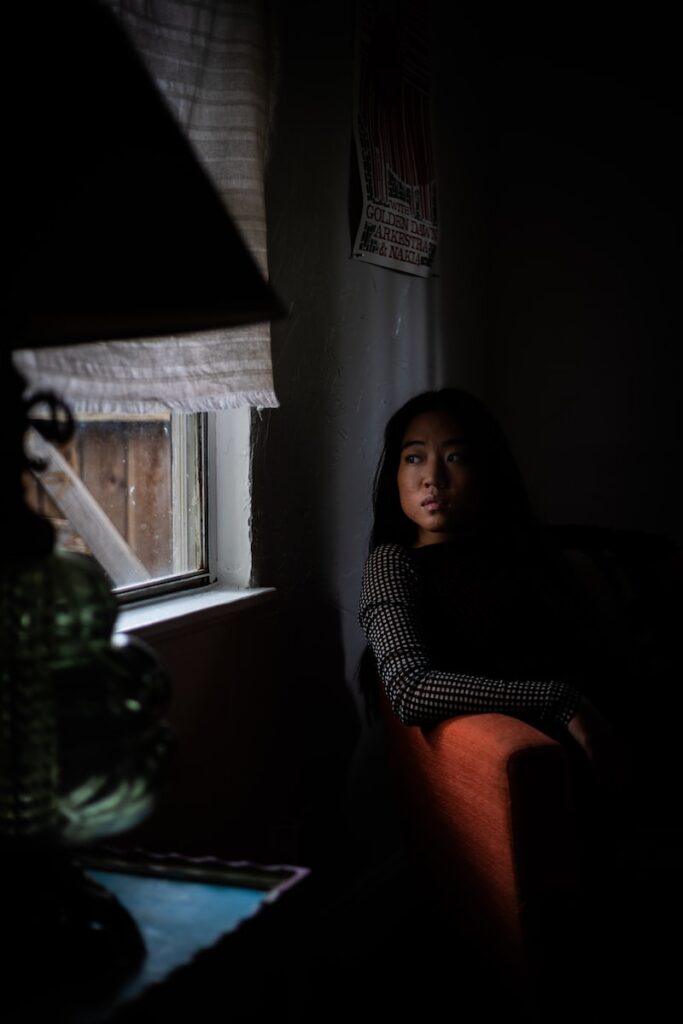In my last blog post, I discussed Genitourinary Syndrome of Menopause (GSM) which can cause vulvar and vaginal itching, dryness, and pain plus urinary issues. It’s important to know that other conditions around menopause besides GSM can cause vulvar itching, including vulvar Lichen Sclerosus (LS) which is a skin condition that was shown in a study to affect up to 1.7% of women who presented to a general gynecology practice1. Other sources quote an occurrence of 1/1000, but if you’re a gynecologist doing pelvic exams all day, you know LS is more common. Unfortunately, it is not always recognized or treated adequately. Over time, LS can lead to progressive skin changes, scarring and loss of normal anatomy and sexual function. In addition, untreated LS increases the risk of vulvar cancer.
Lichen Sclerosus is a chronic inflammatory skin condition that is probably autoimmune in nature, but we don’t know the exact cause of it. It can affect men and women in the genital area as well as other places on the body. It’s more common after menopause but is seen in females of all ages including prior to puberty.

Some patients I’ve seen report a long history of itching and “yeast infections,” but then when I examine them, I see that they likely have had Lichen Sclerosus because they have anatomic changes including a disappearance or resorption of the labia minora which are the inner non-hair-bearing lips of the vulva. In my 20 years as a gynecologist, I have seen undiagnosed and untreated LS even in women who were getting yearly Pap smears from their previous gynecologist. Most general dermatologists don’t include the vulva in their yearly skin exams.
LS may be diagnosed if characteristic skin changes are seen like white, crinkly areas on the vulvar skin, but sometimes a vulvar biopsy is necessary to confirm the diagnosis. If there is an especially worrisome area on the vulva, then a biopsy may need to be done to check for a vulvar precancer or cancer. A biopsy is an in-office procedure where a small (think 3-4 mm) piece of skin is removed after administering local numbing medication.
LS needs to be treated, and most women will respond to strong topical steroid ointments applied to the vulva. There are other topical treatments if steroids are ineffective. In addition to medications, treatment also involves vulvar care practices: Limiting scratching, applying topical emollients like petrolatum to help restore a normal protective barrier, rinsing with plain water, and not using soaps, wipes, or other products on the delicate vulvar tissues. Treatment may be required for months with close follow-up and exams. Once diagnosed with LS, a woman should be examined yearly at a minimum. There is no “cure” for Lichen Sclerosus, but it can be treated and managed. If caught in time, normal skin appearance may be restored. Scarring and loss of labia minora, unfortunately, are permanent.

Vulvar LS is not talked about—women can feel embarrassed to mention genital itching to their medical provider or others. Once diagnosed with LS, some women can feel confused, depressed, worried, frustrated, and alone. It’s frustrating to have to think about your vulva all day and try not to scratch or figure out what pants you can wear that won’t be uncomfortable…
If you’re experiencing vulvar itching, see your gynecologist for evaluation, and certainly, don’t spend months trying to treat with over-the-counter medications and products that can make things so much worse!
There are online communities and Facebook groups for people with LS. One resource is Lichen Sclerosus Support Network (LSSN), a nonprofit organization that offers evidence-based information and a community where people affected by LS can connect.

